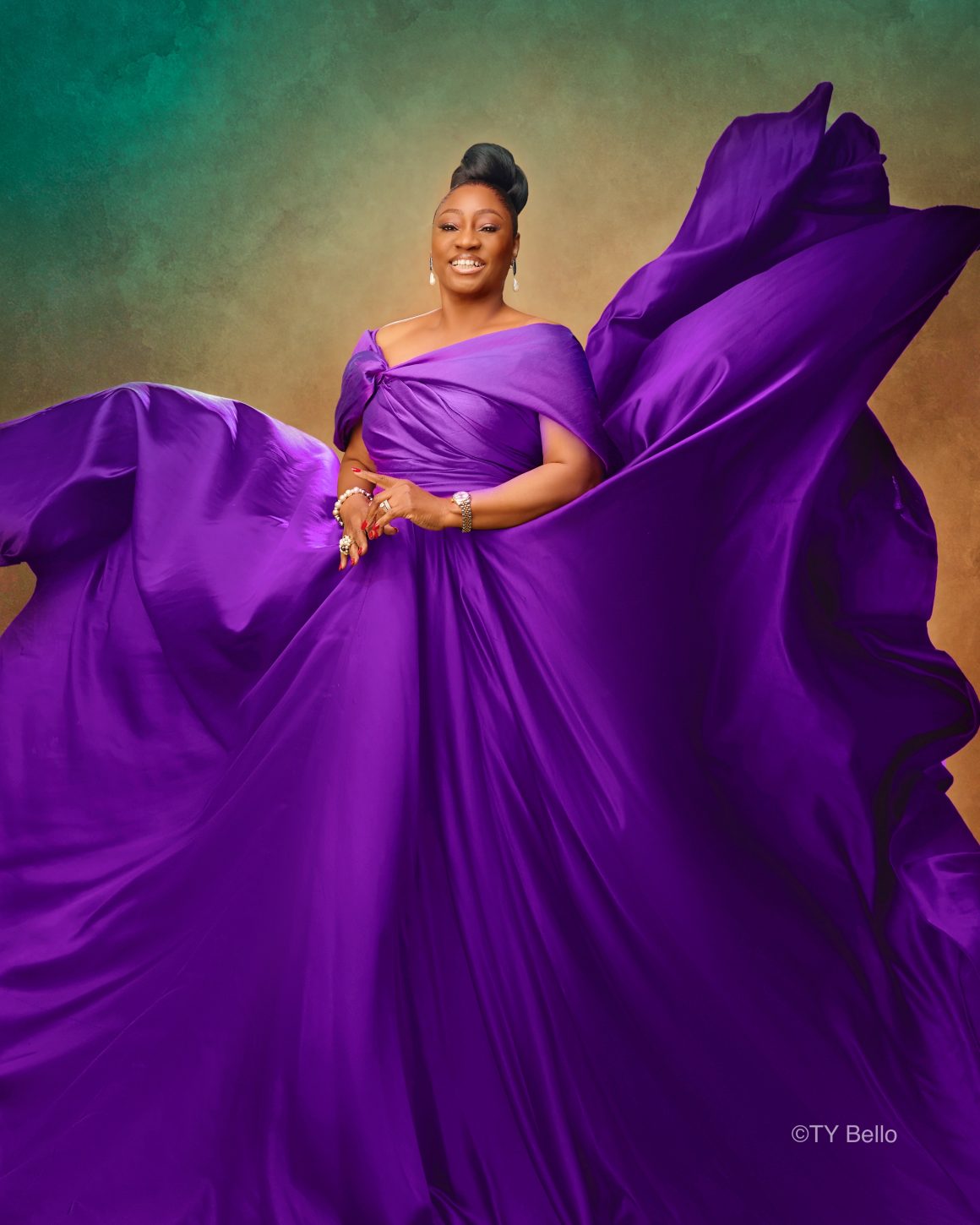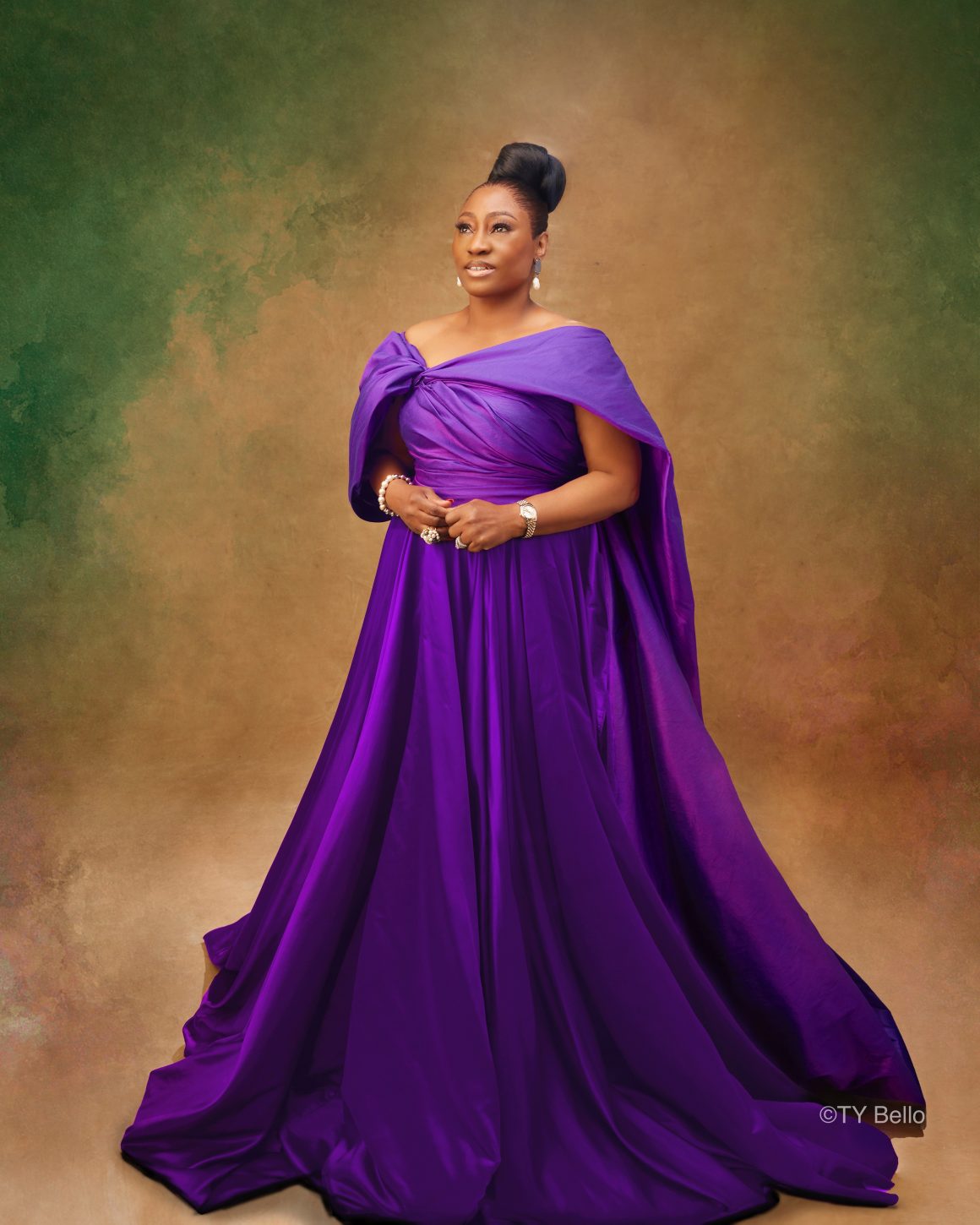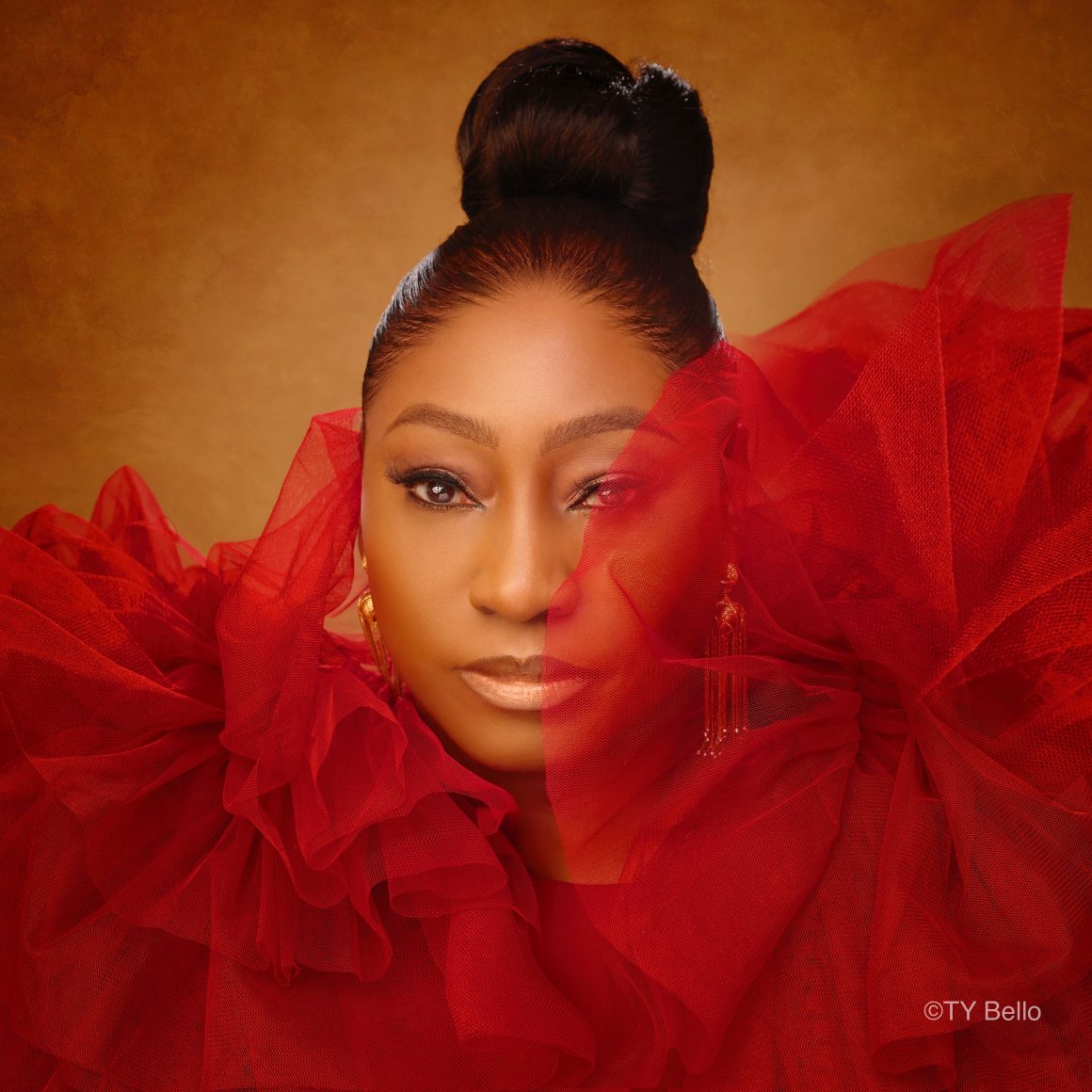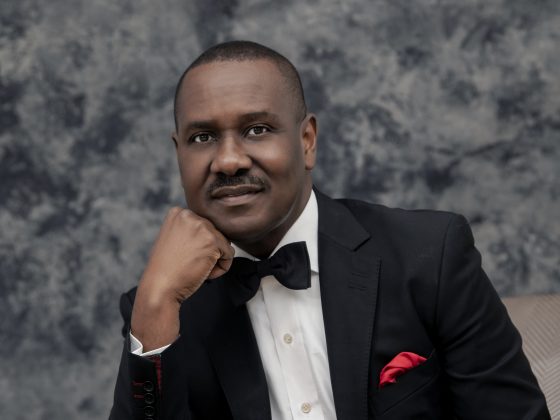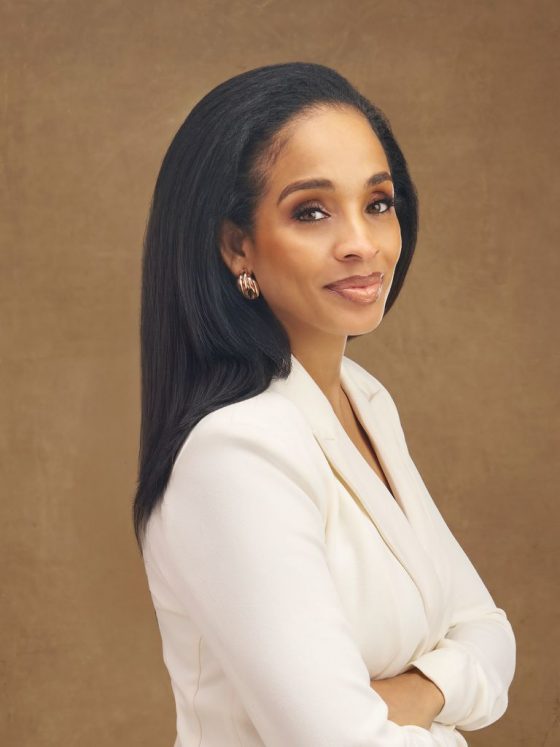In the vast realm of feminist activism, one name shines brightly, capturing the essence of resilience, passion, and unyielding determination: Bisi Fayemi. Celebrating her 60th birthday today, this remarkable feminist activist, writer, and policy advocate has spent her life breaking barriers, challenging societal norms, and championing women’s rights. Not only has she been an influential force in shaping feminist discourse in Nigeria, but she has also blazed a trail as the former first lady of Ekiti State.
Bisi’s fervent commitment to feminism can be traced back to her younger years. Born and raised in the UK and Nigeria, she witnessed firsthand the inequities faced by women in a patriarchal society. This ignited a fire within her, compelling her to dedicate her life to addressing these injustices.
As first lady, she skillfully harnessed her platform to amplify women’s voices and address their unique challenges. She initiated programmes that focused on improving women’s access to education, healthcare, and economic opportunities. She shattered the stereotype of a passive first lady, using her position to advocate for systemic change and uplift the most marginalised members of society. Beyond her activism and advocacy work, Bisi Fayemi’s writing has been instrumental in challenging and transforming societal narratives. Her thought-provoking articles, essays, and books have shed light on a wide range of feminist issues, challenging deeply ingrained prejudices and providing a platform for alternative perspectives. Her powerful pen has encouraged critical dialogue and spurred the collective consciousness towards progress. As she enters her 60s, her passion for feminism burns ever brighter, and she continues to be a guiding light for future generations.
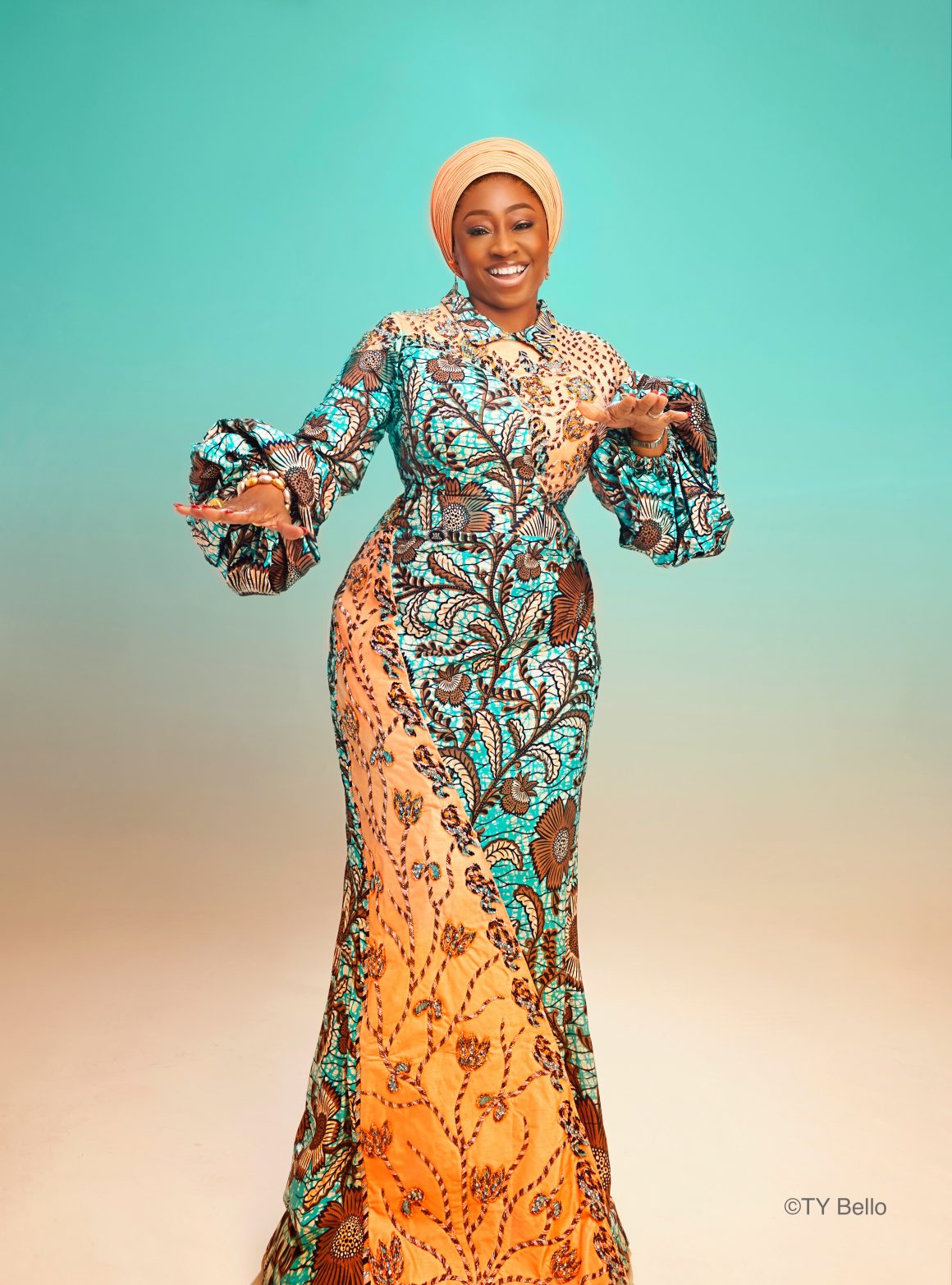
Happy Birthday, Ma. You turn 60 today. What does this milestone mean to you?
This milestone means a lot to me because it takes the grace and blessings of God Almighty to reach this age. I am, therefore, very grateful and full of joy. I am also thankful that I have been able to make contributions towards social change and development in my own way.
So, how has your perspective on life and ageing evolved over the years, and what advice would you give to others approaching this age?
I often tell people that we are constantly transitioning from one state of being to another. We are young; then we get older, we are single, then we get married, or married, then divorced, or partners pass away. We become parents, grandparents, employed, get promoted, unemployed or retired, we travel, then return; the list goes on. We should therefore try and prepare for these transitions as much as we can, and even when we have unpleasant transitions forced on us, we should seek out the support systems that will enable us to survive and move on to the next phase. I have been through many transitions, some exciting and some less so, but I have learnt that you grow stronger and learn along the way, so you have better tools to work with as you face the next stage.
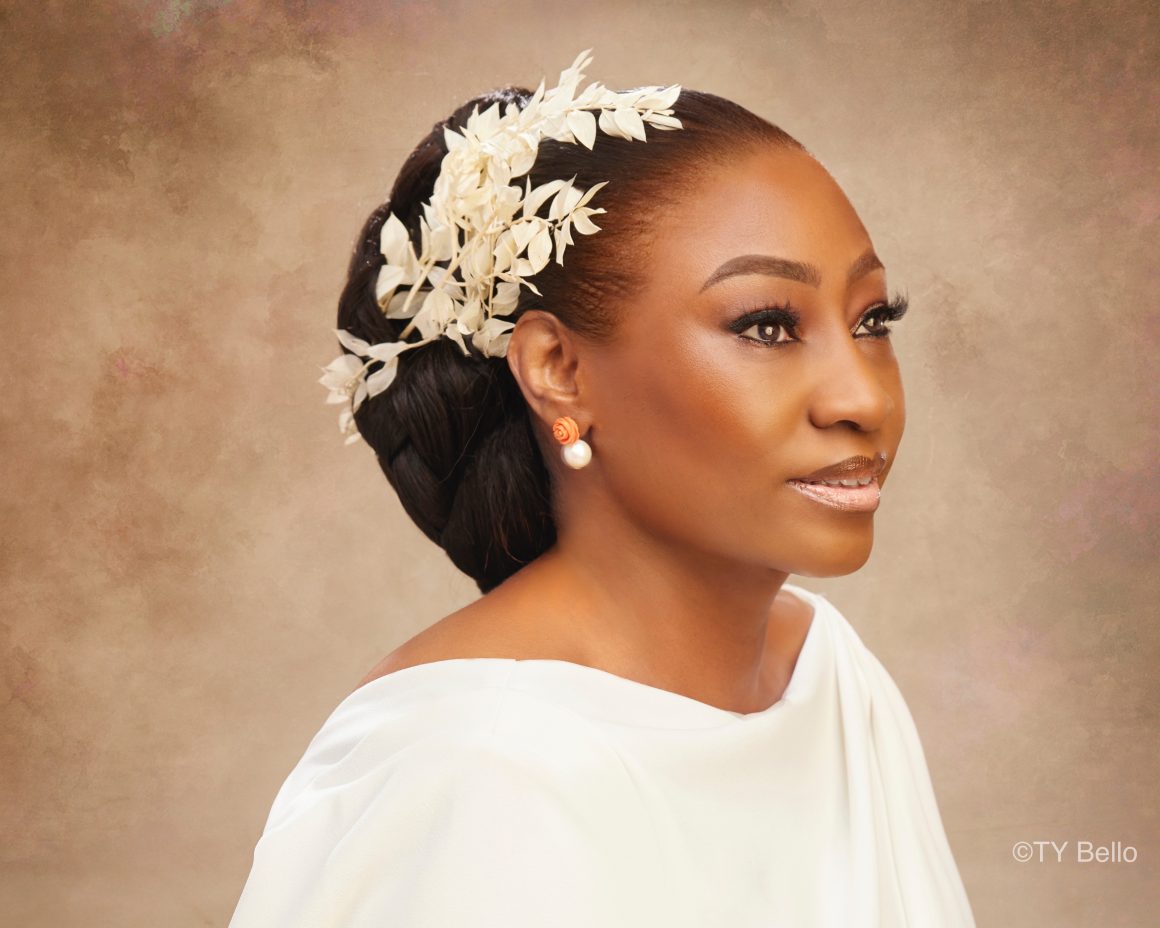
Let’s reflect on your time as the first lady of Ekiti State; how do you think it shaped you as a person and influenced your vision for the future?
I thank God for the opportunity I had to support my husband when he was governor of Ekiti State from 2010-2014 and 2018-2022. Being the first lady of a state provided me with a platform to be able to work on creating a more enabling environment for marginalised people in the state, particularly women, children and the elderly. As a development practitioner, I have spent at least thirty-two years working on social change issues in African communities and beyond. Being in Ekiti State was an opportunity to make good on the saying that charity begins at home. During my time in Ekiti State, I was able to ensure that there were comprehensive legal and policy frameworks in place to raise the status of women; the idea that women could be leaders in their communities gained a lot of traction, and I was also able to demonstrate that spouses of senior political leaders can add value to the democratic process if given an opportunity.
Life after the government house must have presented its own set of opportunities and challenges. How’s that transition going?
Now that I am no longer in a government house, I have more time for myself, and there are things I no longer have to worry about. People still send requests for support or try to draw me into issues which I believe should no longer be my concern, but I politely but firmly decline. One of the challenges of being in my position is that people still see you as their leader, so they will keep coming to you for help with one thing or the other. I, of course, still help when I can, but I no longer feel obliged to respond on the scale I used to.
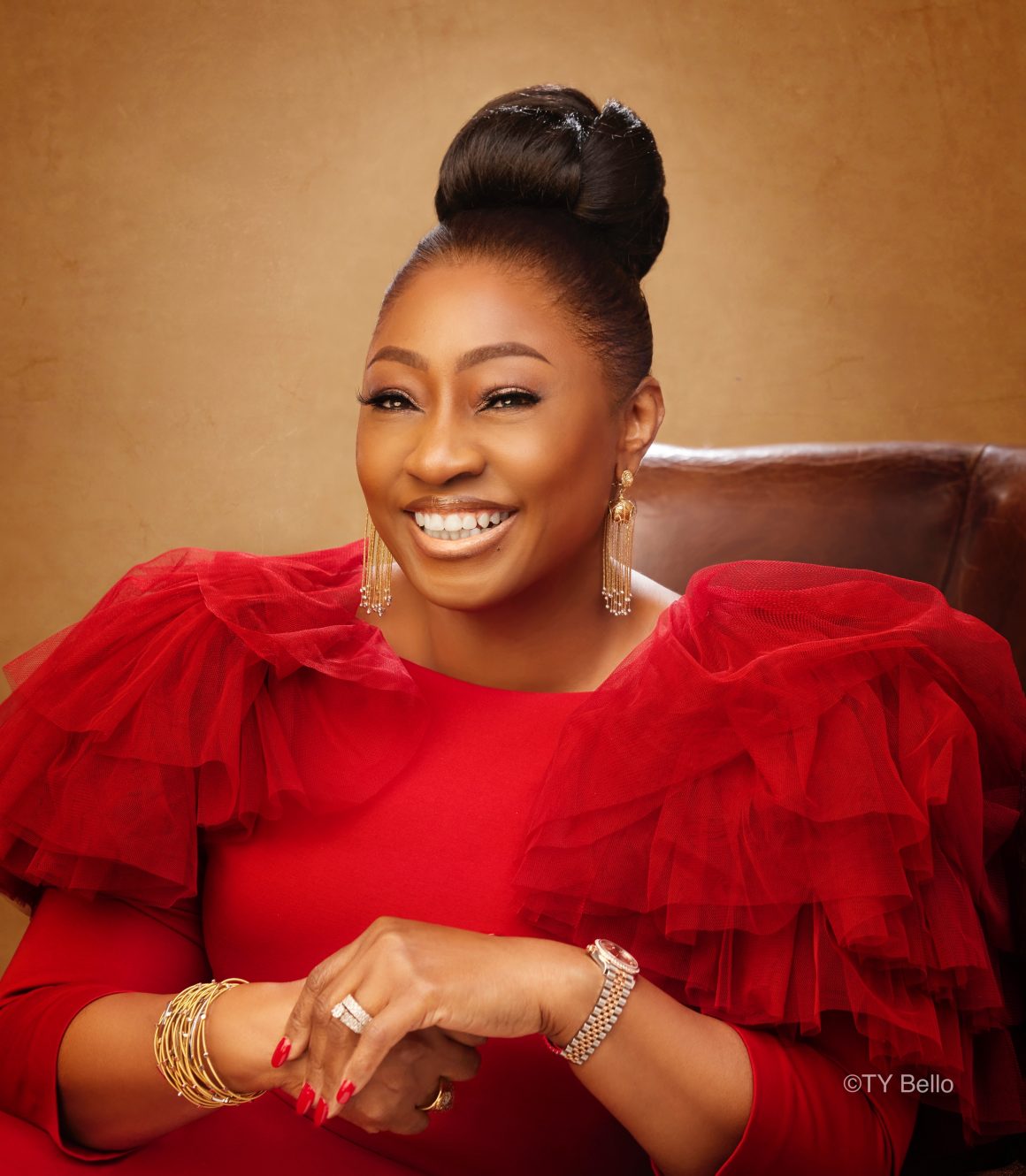
What initiatives or projects have you undertaken to continue your work in empowering women and promoting gender equality since leaving the role of first lady?
I took a few months off to rest, travel and write. I continue my interests as a women’s rights activist, policy advocate, social change philanthropist and writer through the Above Whispers Foundation, which I established in 2016. Above Whispers Foundation coordinates The Wrapper Network, an online platform which provides mentoring, capacity building and financial support for women entrepreneurs. There is also an oral history project we started in 2020 called ‘Memories of the Living’, which documents the lives and experiences of elderly people in our communities who otherwise would never be seen or heard of. Recently, I was approached by one of our development partners in the country to help explore ways in which traditional institutions can help implement laws and policies to protect women, especially the laws on sexual and gender-based violence. You will be hearing more about this over the coming months. I also have obligations to various bodies where I serve as a board member or advisor, such as the Presidential Advisory Council on Gender, African Women’s Development Fund, Elizade University, African Women Leaders Network, Women at Risk Foundation, Women’s Radio, and King’s College London.
What are your plans and aspirations for the future? Have you ever considered seeking an elected position in government?
I am not interested in elective office. What interests me is working on opportunities to get more women and gender-friendly men into office and providing them with skills and opportunities to excel.
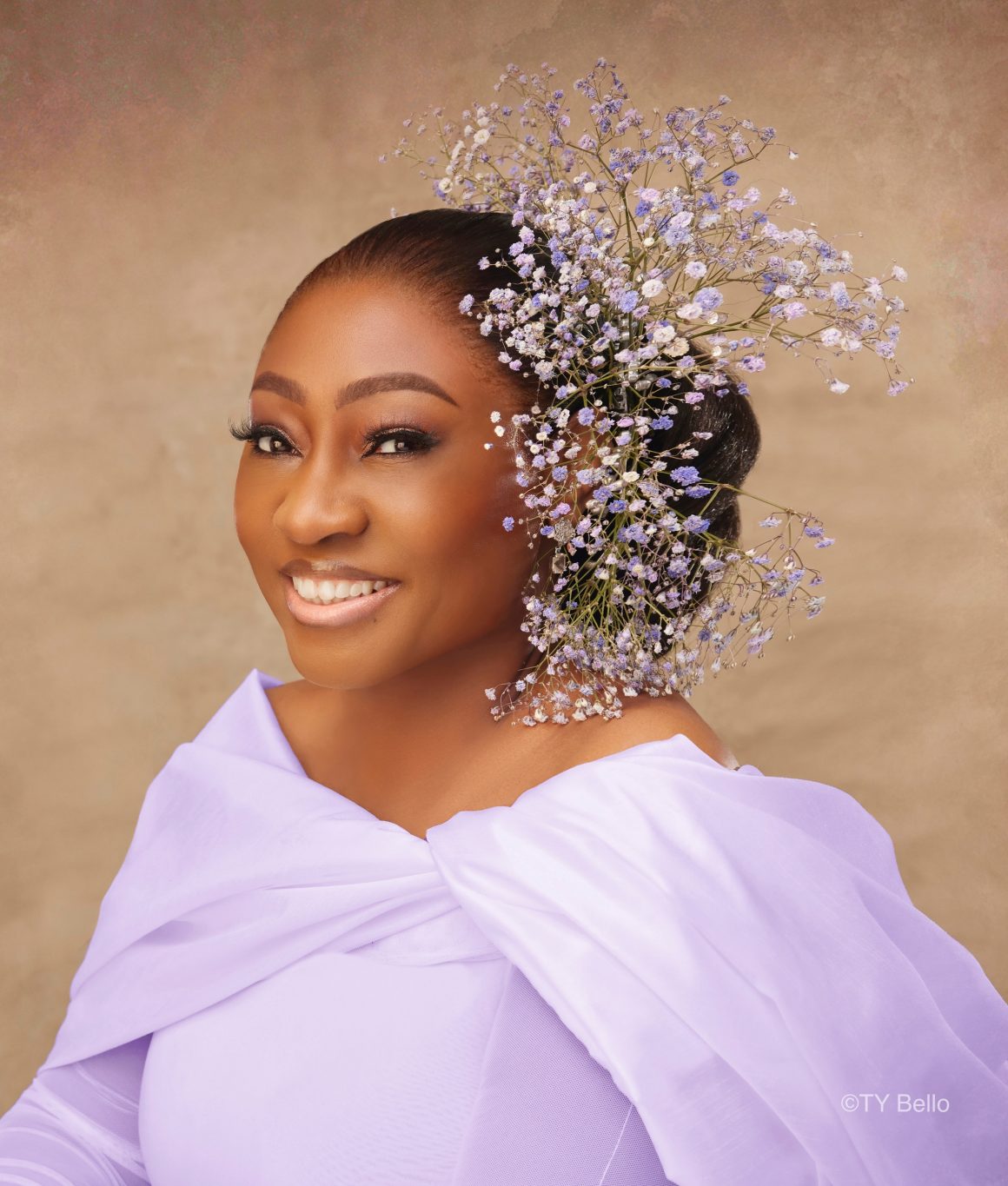
I have been through many transitions, some exciting and some less so, but I have learnt that you grow stronger and learn along the way, so you have better tools to work with as you face the next stage.
Family is an integral part of many people’s lives. How has your family supported and influenced your journey, and what role do they play in your plans going forward?
I have been blessed with an amazing family. In addition to a wonderful, supportive husband, I have biological and non-biological children who continue to make me proud. I was raised by a father who loved me dearly and instilled confidence and self-esteem in me at an early age. My mother taught me the importance of generosity and solidarity. I also have trusted aunties who have been responsible for ensuring that I can focus on my professional duties or demands as a public official. Without them, my life would have been chaotic.
With all this in mind, I always talk about how important it is for fathers to raise their daughters to respect themselves, give them a decent education, and ensure they do not lack opportunities. It is also important to raise sons who will not feel entitled to the labours, affections or bodies of women.
Looking back on your achievements and experiences, what would you consider your most significant contribution to society thus far?
This is rather difficult to say! I would like to believe that through my work over the years, I have been able to use my various platforms and voice to make the case that women matter. For example, I have created impactful organisations, helped train thousands of women leaders across Africa, co-founded one of the largest women’s funds in the world (AWDF), formed coalitions to push at least seven bills into law in Ekiti State, and provided opportunities for women to access leadership and decision-making positions. I have also shared my thoughts and work through my publications, and I have been in a position to mentor many women and men.
How do you balance your personal and professional life, especially as you embark on new endeavours?
As you get older, these pressures are not as intense as in the earlier years. When you have adult children, you can start thinking about yourself a bit more and plan your time and prioritise with minimum disruptions.
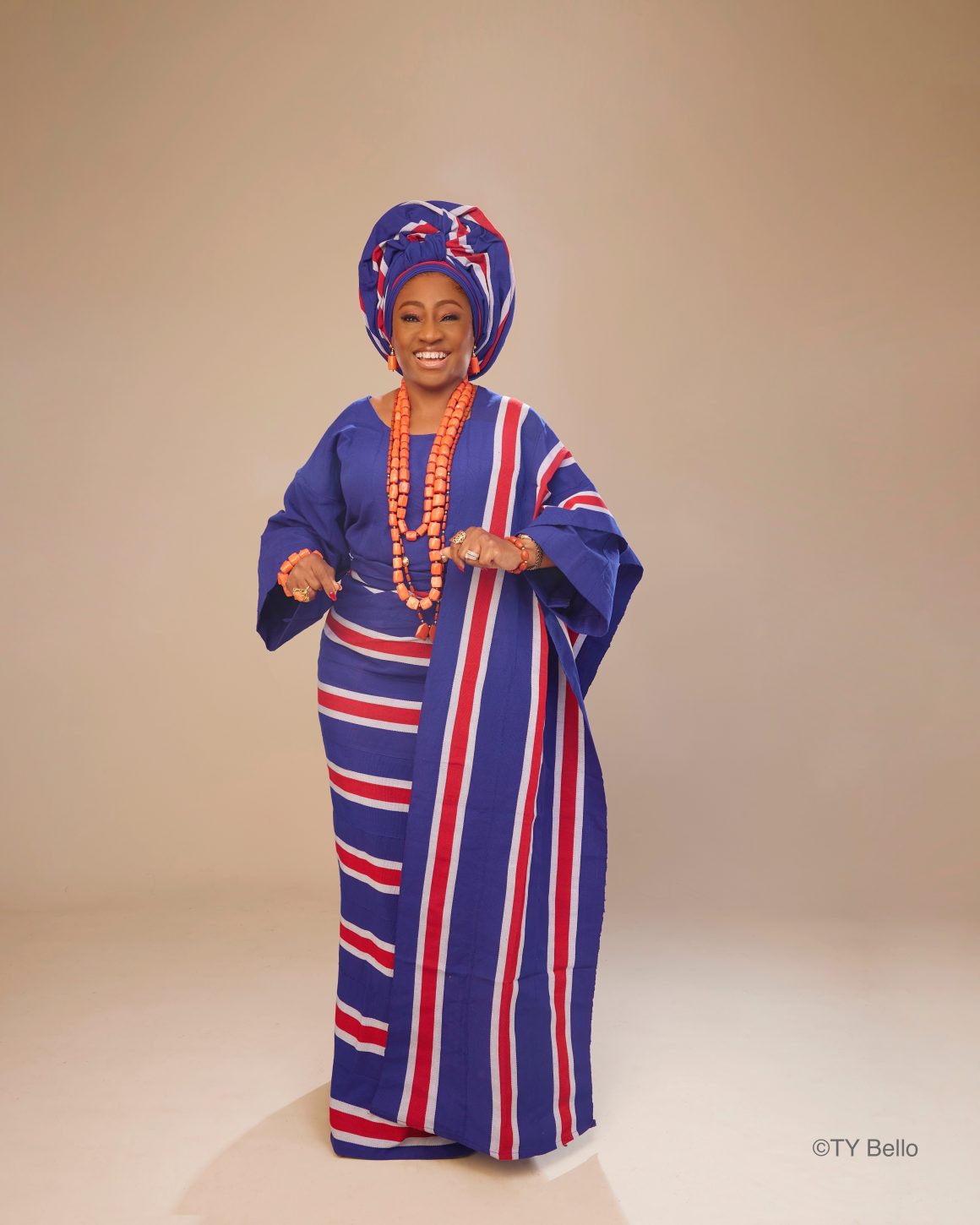
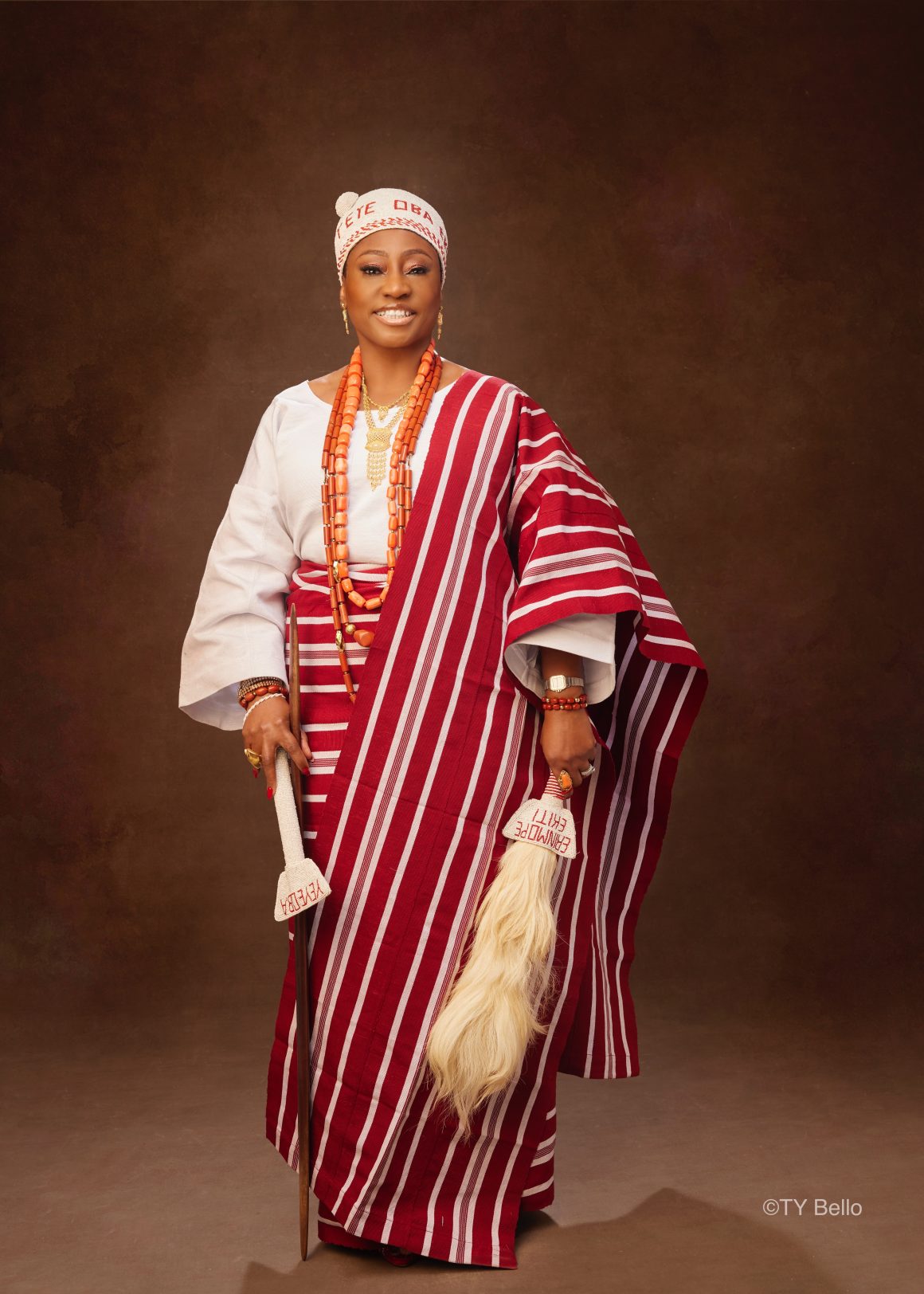
Are there any particular social issues or causes close to your heart, and how do you plan to advocate for them moving forward?
I am concerned about many things, but I will mention three. One, the issue of sexual and gender-based violence in the country; two, keeping girls in school and three, increasing the number of women in leadership and decision-making. I will continue to advocate, mobilise resources, write and give lectures on these issues, and ask for more accountability and political will from the federal and state governments.
As you enter this new phase of life, what are some things you most look forward to experiencing or achieving?
I look forward to seeing younger people stepping up. Those with the right kind of values and passion, not those just looking for fame and glory. I would also like to do more storytelling. In addition to writing, I am currently talking to friends in the creative industry about turning some of my stories into short films or documentaries.
So far, what do you consider the most valuable lessons you have learned in life?
- Do unto others as you would have others do unto you.
- To whom much is given, much is expected.
- Good manners will get you anywhere you need to go.
- Just because you can does not mean you should.
- Be careful how you use your eyes, mouth and ears.
- Know who you are, and don’t worry about what other people think you are.
- Be consistent but not inflexible.
- Bring out your wrapper for those who might need it. One day, you will need one too.
- No matter how tough life gets, the sun will rise the next day, and the sky will still be blue.
